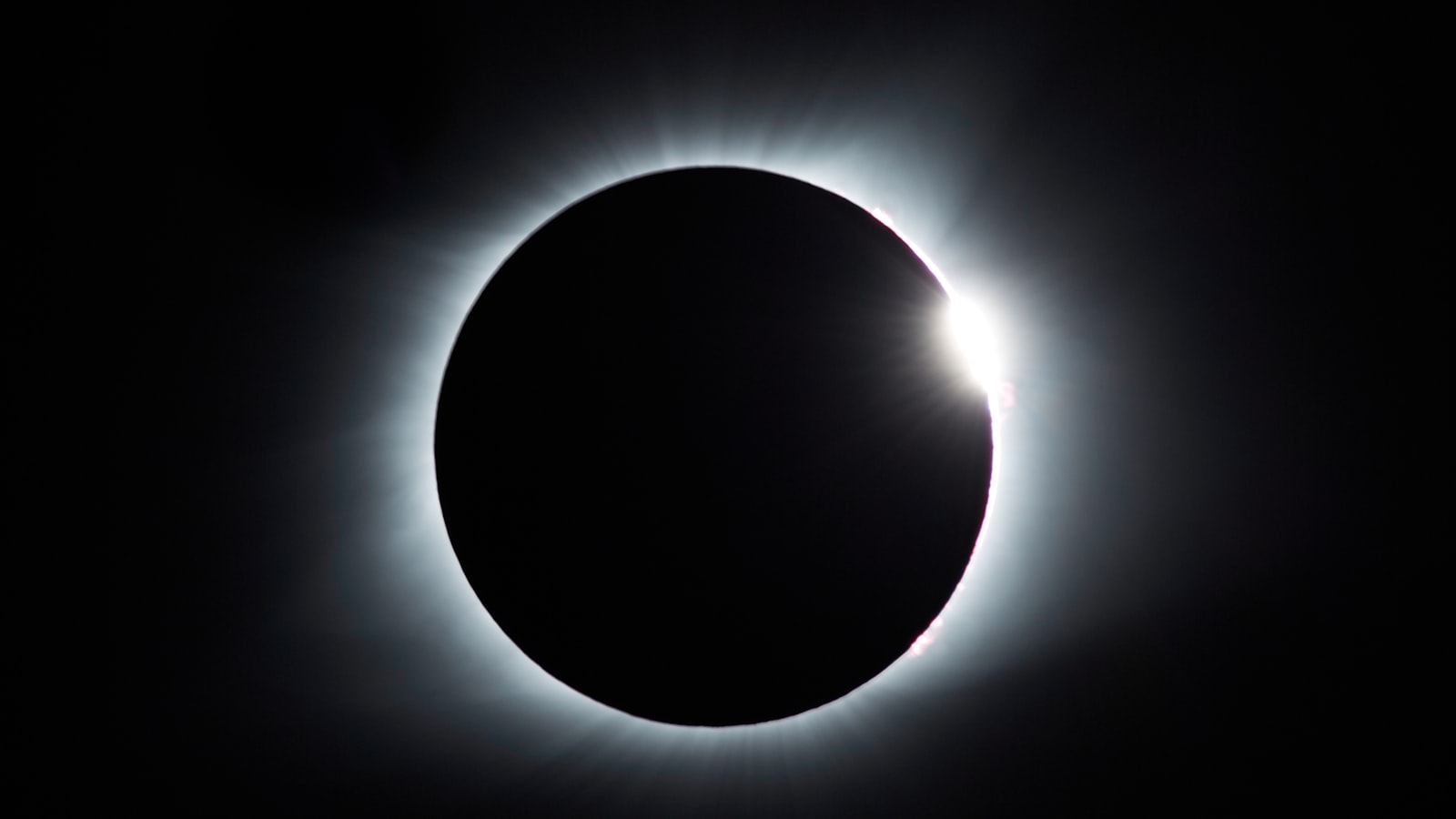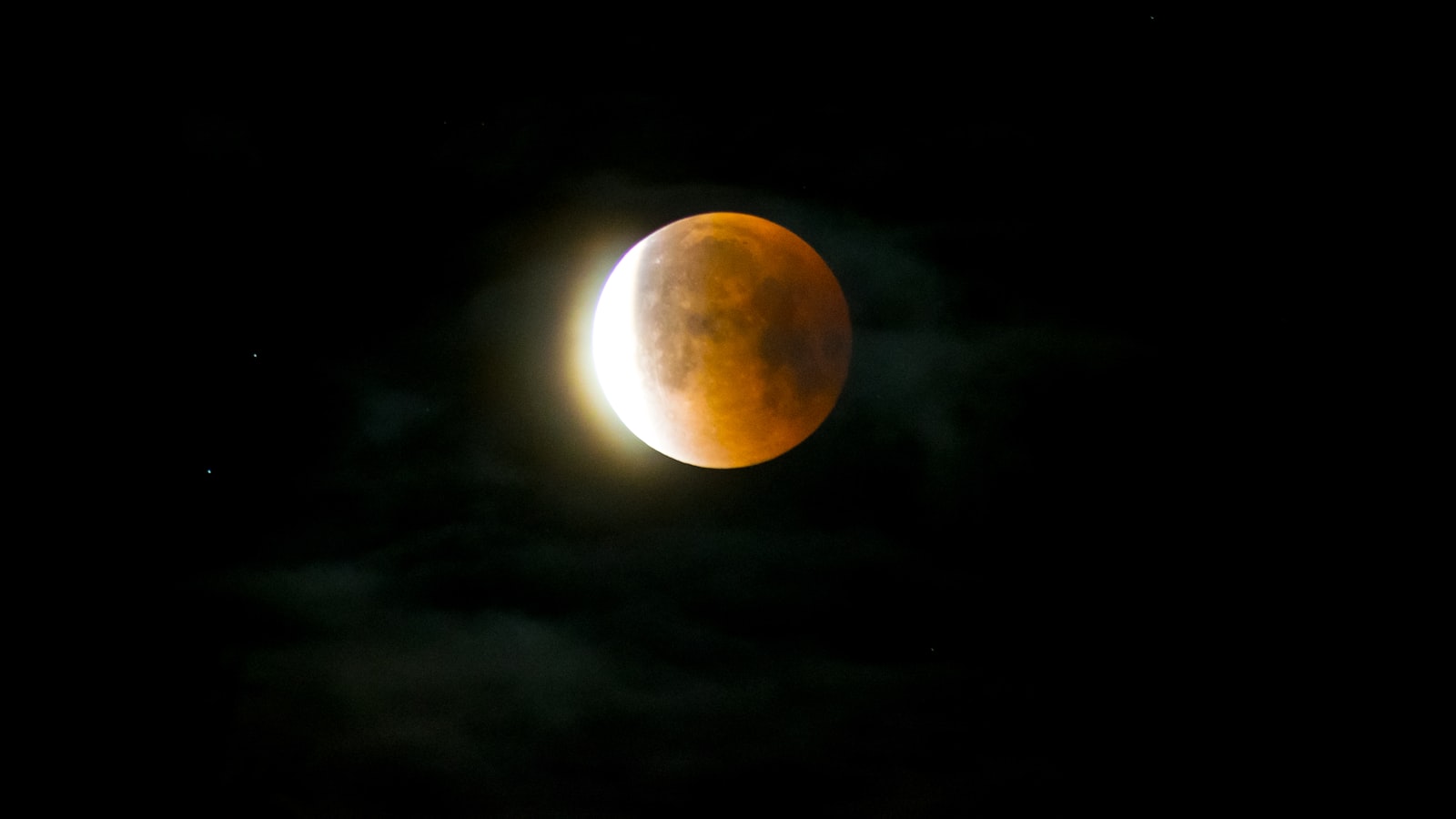Eclipses have captivated human imagination since time immemorial—a dance of celestial precision, as the Moon cloaks the Sun, plunging day into night. But what goes on behind these dramatic displays? How do scientists use these events to peel back layers of cosmic mystery? Welcome to the future of eclipse studies, an exciting journey where we explore the potential advancements and the intriguing possibilities that lie ahead.
Sky's the Limit: Advancements in Eclipse Research
Eclipses are not just awe-inspiring; they are scientific goldmines. Researchers harness the power of eclipses to understand more about the Sun's corona, to detect exoplanets, and to Albert Einstein's delight, to prove general relativity right. But, as with all sciences, eclipse research is ever-evolving.
Solar Mysteries Unveiled

During a total solar eclipse, the usually invisible corona becomes visible. This gives scientists a unique opportunity to study its structure and dynamics. With newer telescopes and imaging techniques on the horizon, researchers may soon be able to observe the corona's smaller-scale structures in unprecedented detail, potentially unravelling the mysteries behind solar flares and coronal mass ejections.
Eclipse Chasing: A High-Tech Pursuit
Chasing an eclipse is no longer just about the right place and time; it's about the right equipment too. High-altitude balloons, aircraft, and even spacecraft can now be equipped with specialized sensors to capture eclipses from vantage points unachievable by ground-based observers. This could lead to insights about the Sun's influence on our atmosphere and might even impact our understanding of climate change.
The Exoplanet Connection
Eclipses happen in other solar systems too—when a planet blocks out its host star's light. The drop in brightness can tell us a lot about an exoplanet's size and orbit. Future research could reveal atmospherics and potentially signs of life. The next generation of telescopes, like the James Webb Space Telescope, could utilize eclipse data to give us a clearer picture of worlds beyond our own.
Keeping Up with the Cosmos: Why Track Eclipses?

Eclipses don't just make for stunning photography opportunities; they also serve important scientific and cultural purposes. Keeping track of them using tools like eclipse-timer.com not only promises accurate times and dates for solar eclipses but also allows enthusiasts and researchers to prepare for observations that could advance our knowledge of the universe.
A Signpost in Time
Historically, eclipses have helped us time-travel, in a sense. They've allowed historians to pinpoint exact dates of historical events. As glimpses into our planetary mechanics, eclipses also allow astronomers to check the precision of their celestial models. Have you ever considered witnessing a slice of history through the shadow of an eclipse?
The Citizen Scientist Movement
That's right—you don’t need a Ph.D. to contribute to eclipse research! Amateur astronomers armed with smart tools, such as eclipse-timer.com, can contribute valuable observations and photographs. This community-powered science contributes to the larger pool of data, vital for research. Are you ready to join the movement during the next eclipse?
The Practical: Preparing for Your Next Eclipse Encounter

So, how do we get ready for the next celestial show? Preparation is key. Whether you're a seasoned observer or a newcomer to the world of astronomy, here are some tips:
- Know When and Where: Use eclipse-timer.com to find precise times and locations. Don't miss the event because you got the time zone wrong!
- Safety First: Protect your eyes with proper solar viewing glasses. Regular sunglasses just won't cut it.
- Get Equipped: Consider a tripod and a camera with a long lens if you're keen on capturing the moment. Remember, your equipment might need filters to safeguard against the Sun's glare.
- Practice Patience: Sometimes, getting that perfect shot or observation means waiting out the weather or dealing with crowds. It's all part of the experience!
- Share the Love: Post your photos and observations online. Not only do you get to brag about your awesome eclipse chasing skills, but you might also contribute to science.
Looking Ahead: Future Eclipse Frontiers
Eclipses will continue to intrigue us, and with technological advances, the possibilities are just exploding—like a supernova, but less destructive and way cooler.
Space-based Eclipse Studies
Imagine satellite constellations dedicated solely to capturing eclipse data. Such an endeavor could provide continuous observations, free from the constraints of Earth's atmosphere and rotation. It could revolutionize our understanding of solar physics and even interplanetary weather.
AI and Eclipse Prediction
Machine learning could take eclipse predictions to new heights. By digesting vast datasets of celestial mechanics, AI might spot patterns and predict eclipses with even greater accuracy. A future where we plan for eclipses decades, even centuries in advance, may be closer than you think.
Eclipse Tourism and Economy
The social aspect of eclipses is undeniable. Each event can bring together communities from across the globe. This presents unique opportunities for cultural exchanges and boosting local economies. Ever thought of your next vacation planned around an eclipse?

Join the Eclipse Adventure
There's no denying the allure of an eclipse—whether you're a scientific researcher, an avid stargazer, or just someone who appreciates the beautiful oddities of our cosmos. The future of eclipse studies is as bright as the corona of the Sun itself (and that's saying something!).
Stay curious, stay equipped, and keep your eyes on the skies (safely, of course). And when the Moon whispers sweet nothings to the Sun, make sure you're there to witness the celestial romance—and maybe uncover a new secret or two about our vast, beautiful universe.
Remember, as we continue on our path of discovery, eclipses serve as a humbling reminder of our place in the cosmos. They beckon us to ask questions, seek answers, and marvel at the wonders of the universe we're all a part of. Keep chasing those shadows, because in the world of eclipse studies, there's always something new on the horizon. And who knows? The next discovery might just come from you.
Don't forget, for your next eclipse planning, visit eclipse-timer.com to stay informed about when and where the celestial spectacle will unravel. Happy eclipse hunting! 🌒🔭



















